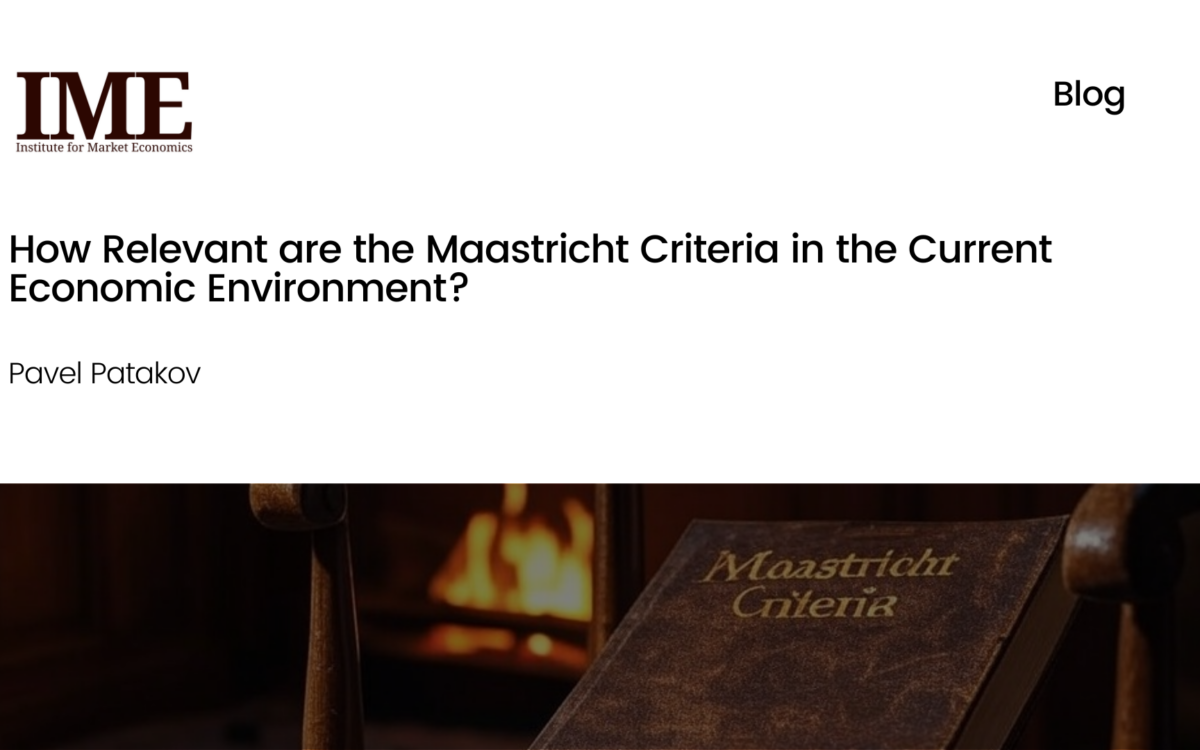Flightless Birds

Flightless Birds
Diego Zúniga Aguilera // 12 August 2019
The Dutch government has recently drafted a bill in order to “charge consumers and businesses for environmentally polluting behaviors”– seeking to implement a €7 tax on commercial fights. Their further ambition of a European flight tax might also start to bloom as the EC presented a report that claims that CO2 emissions generated by aviation, which are constantly rising, could be cut by 11% by applying flight taxes. But taxes which aim to protect the environment can harm it in the long run, and neglecting the efforts done by airlines to reduce carbon emissions could have negative effects on innovative green projects.
Although CO2 emissions generated by aviation in Europe have risen by 16% between 2005 and 2017, the average fuel consumption by commercial flights plummeted by 24% within the same time range. This can be explained by the fact that the number of flights, flight distance and aircraft size is increasing, not by a lack of efforts and resources being invested in new greener technologies. Actually, airlines, such as KLM, are investing in Sustainable Aviation Fuels (SAF), that can reduce around 80% of their CO2 emissions. The number of flights is projected to increase by 42% between 2017 and 2040, but this will not pose a problem if greener technologies take off as well.
Contrary to the thought that airlines are not paying their share of the carbon footprint, member airlines of Airlines For Europe (A4E) paid €5 billion in aviation and environmental taxes in 2018. What could have been invested in research and new technologies to lower carbon emissions is instead being levied through taxes. Often this is not reinvested in the aviation sector. This slows down the process of the development of greener technologies, harming the environment.
Pointing the finger at airlines is easy, but in 2017, inefficiencies in the flight trajectories – or gate-to-gate flight – in Europe caused an additional 5.8% of CO2 emissions from aviation. As a matter of fact, waiting in queue for take-off and inefficiencies in the arrival flow generates unnecessary CO2 emissions. Within these additional emissions, 3 million tons were generated by aircraft due to additional flown distance. Rather than trying to reduce emissions through taxes on airlines, additional improvements in air traffic management should be part of the solution.
But this is not only about flights. Many direct and indirect jobs which are related to aviation might be negatively affected. The EU report states that with such aviation taxes, employment rates in the aviation sector will decline by 11%. Additionally the tourism sector, which has benefited from aviation and employs 13 million people in Europe, will face new obstacles with the arrival of such taxes. Furthermore, the EU report expresses that the lost jobs will be compensated by an equal increase in jobs in other sectors. But it is not for government to decide in which sector you work or not. Rather than limiting your working options, government should expand the institutional environment which enables societies to thrive.
We should take care of our planet; however, we should be careful of the tools we use. While good intentions might be at the core of the aviation tax proposals, taxes do not fix problems, they superficially reduce them. On the other hand, innovation can fix these problems. Policy makers should consider how a greater burden on aviation will only put obstacles to the efforts to develop more sustainable technologies. As an A4E representative said, “there are no quick fixes for complex problems”.
EPICENTER publications and contributions from our member think tanks are designed to promote the discussion of economic issues and the role of markets in solving economic and social problems. As with all EPICENTER publications, the views expressed here are those of the author and not EPICENTER or its member think tanks (which have no corporate view).



